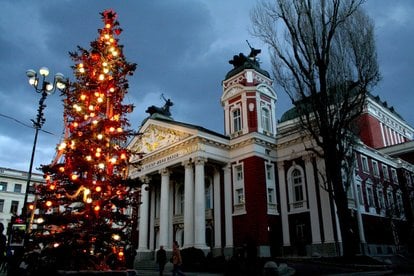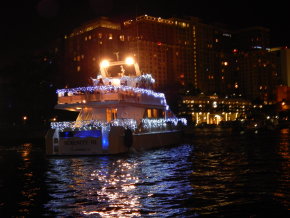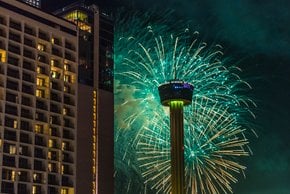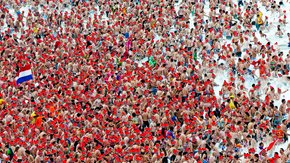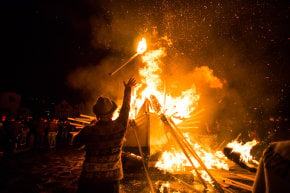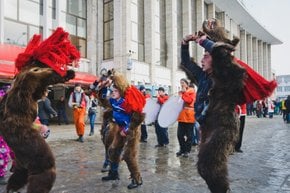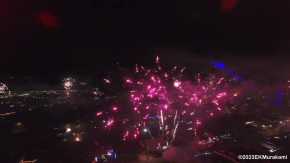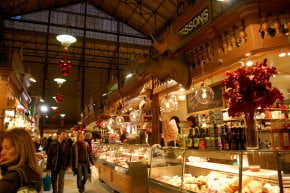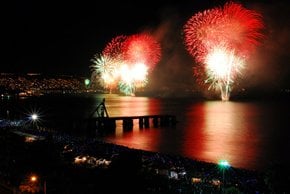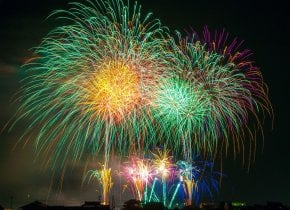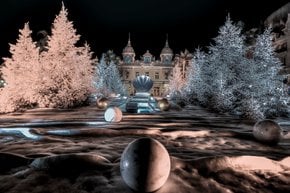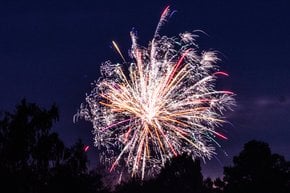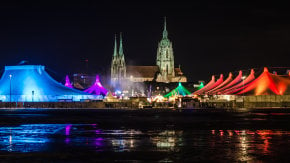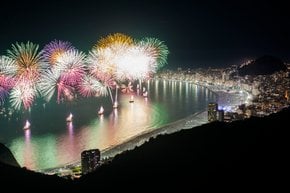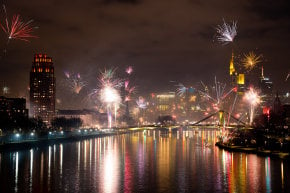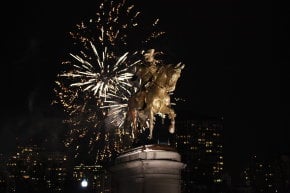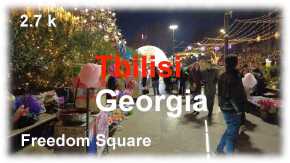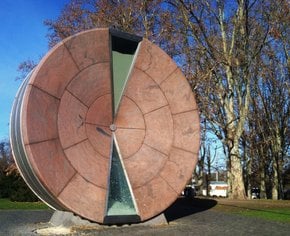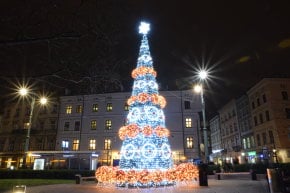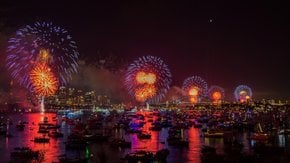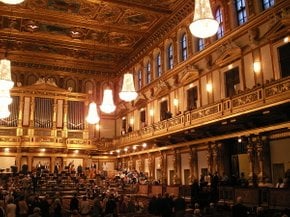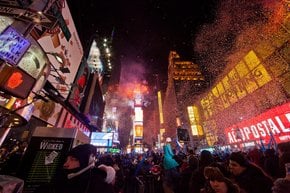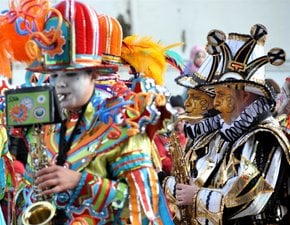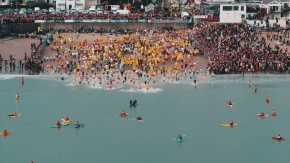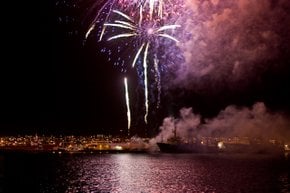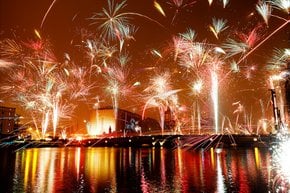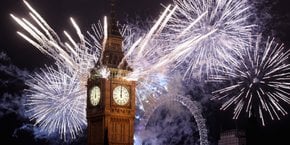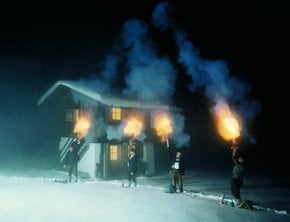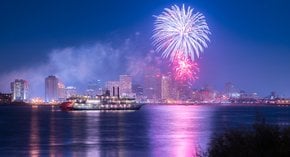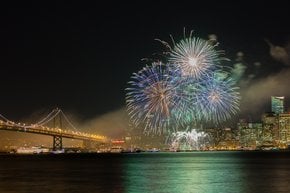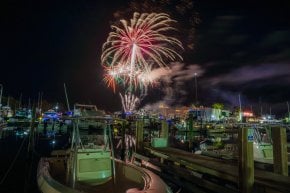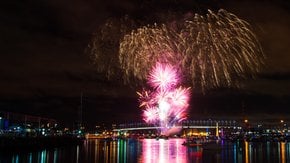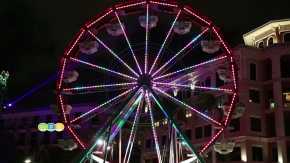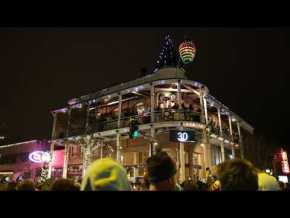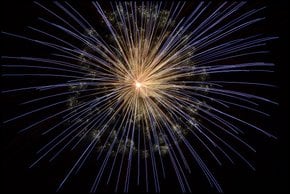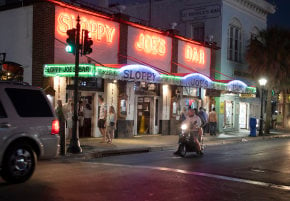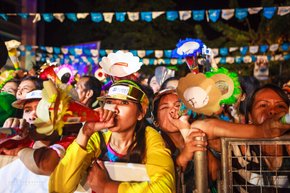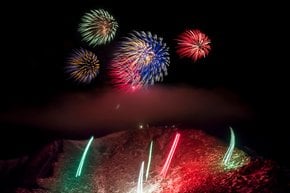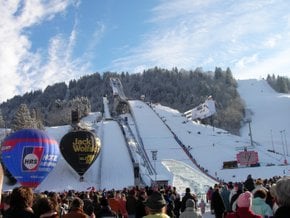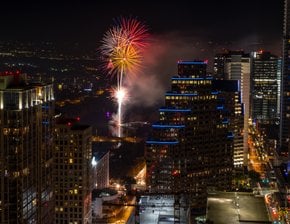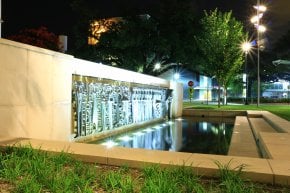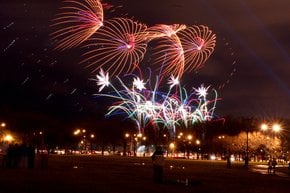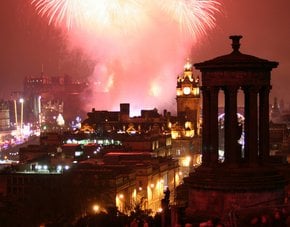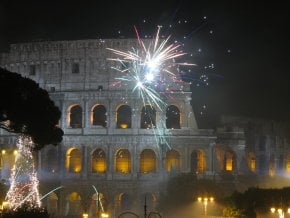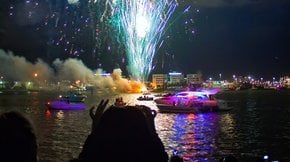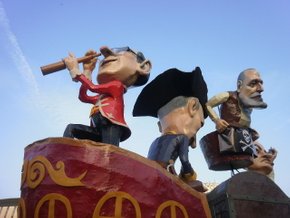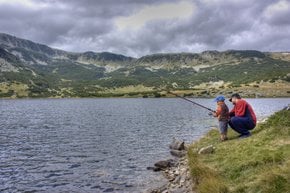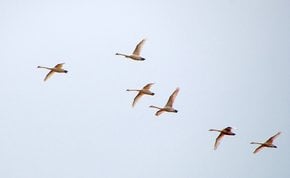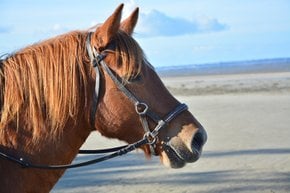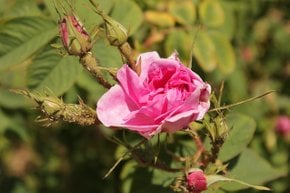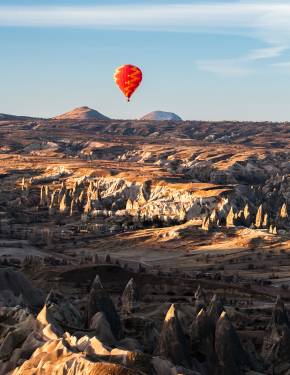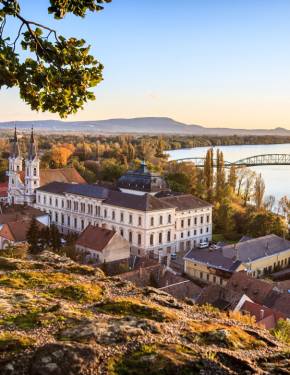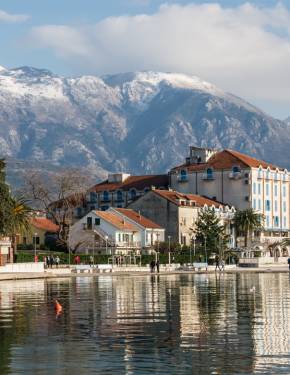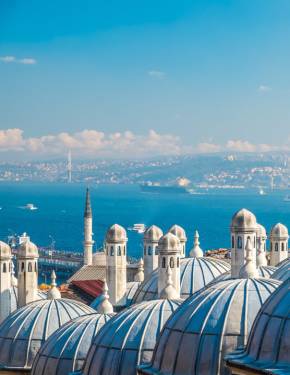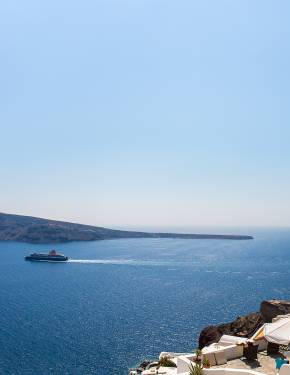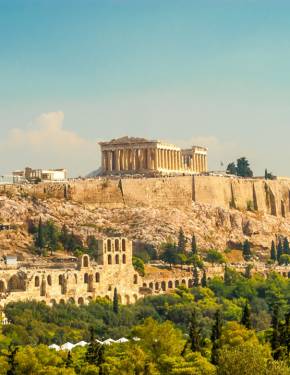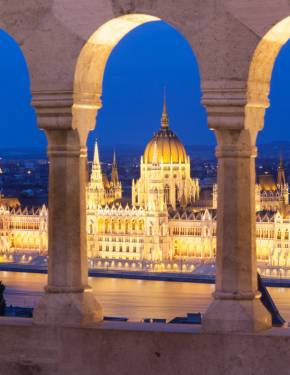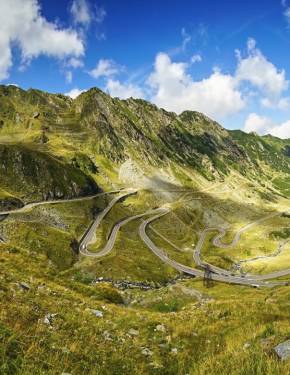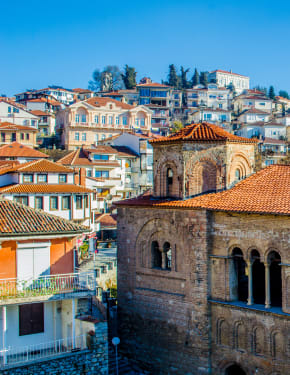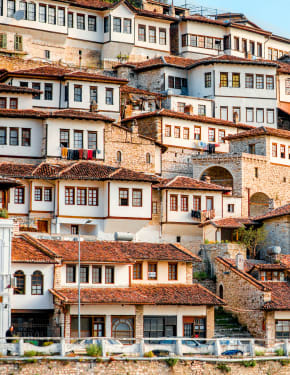New Year's Eve 2026-2027 in Bulgaria
Discover a country where New Year celebrations are more prominent than Christmas
Dates: December 31
With easy access by plane from much of Europe, Sofia, Bulgaria, has become a popular New Year's Eve destination for international visitors in recent years. Known for its affordability and lively nightlife, the capital city, along with other parts of Bulgaria, offers a fresh and exciting way to ring in the New Year. Bulgarian traditions and joyful celebrations create a vibrant atmosphere, making it an ideal destination for those looking to experience New Year's festivities in a unique cultural setting.
Celebration Highlights
It is generally accepted that the more dishes on the table during the celebration, the richer the coming year will be. First, a special loaf is put on the table, baked at home with a coin hidden inside. It is believed that the person who gets this coin will become wealthy and successful in the new year. The loaf is broken by hand as people sit down at the table. Another special treat is Banitsa (puff cake) baked with dogwood branches inside, each symbolizing health and success in studies.
Main Traditions
An essential part of the New Year celebration in Bulgaria is survakane, a traditional ritual performed early on January 1. Groups of children go house to house with a survachka—a decorative stick, usually made of cornel wood, adorned with popcorn, candy, and sometimes coins. They gently tap family and friends on the back, reciting a poem with wishes for health and prosperity. In return, homeowners give them money and treats as a token of gratitude for their blessings and good wishes.
Parties & Fireworks
Some celebrate New Year’s Eve on the beach, while others gather in lively bars, clubs, and restaurants, often dressed in festive or humorous costumes and masks. When midnight strikes, the lights are turned off, marking a traditional kiss shared in the darkness. As the New Year begins, traditional Bulgarian dances are performed, followed by vibrant parades, bursts of fireworks, champagne toasts, and heartfelt wishes for luck and happiness in the year to come.
On December 31, supermarkets and most shops stay open until late, allowing for last-minute food and drink purchases. At open-air celebrations, there are also stands selling food and alcohol. However, January 1 is a public holiday, so most stores and supermarkets will be closed.
Best Cities to Celebrate NYE
In major Bulgarian cities like Sofia, Plovdiv, Varna, and Burgas, lively open-air New Year's celebrations fill the main squares organized by local municipalities. These festivities feature popular Bulgarian music stars and folk ensembles, offering a festive experience rich in local culture. Despite winter's chill, hundreds gather for the joyful atmosphere. Close to midnight, the President's address is broadcast on Bulgarian National Television, signaling those at home and in the squares to prepare for the New Year countdown and celebrate with a champagne toast as the clock strikes twelve.
If you're interested in skiing in Bulgaria during the holidays, click here to read about the best Bulgarian ski resorts.

